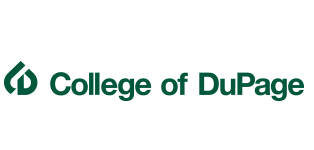Document Type
Article
Publication Date
Summer 2010
Abstract
Philosophers of education writing on teaching for social justice and student empowerment have suggested various theories for enacting a "democratic" learning environment within our schools. Strategies that have been suggested include classroom management stressing student-centered learning, peer-interaction, and the inclusion of diverse learning needs and styles grounded in a pedagogy composed of instructor-student initiated "discourse." Building on "social meliorist," or Social Reconstruction curriculum theory, I attempt to define the notion of authentic "critical pedagogy" through the analysis of classroom instruction in the humanities, and literature in particular. There is the potential for the emergence in praxis of an authentic "democratic" pedagogy if educators are attuned to a unique method of instruction that allows for an original and ontological form of knowledge that is traditionally excluded from the curriculum to emerge within a communal context of inclusive group discussion, which is constituted in such a way that appropriate social values manifest in its unfolding.
To this end, the theories of Gadamer and Habermas will contribute to the formalization of a notion of authentic democratic instruction, which will allow me to: (a) elucidate the notion of "philosophical" hermeneutic interpretation and introducing a non-traditional theory of truth, which is irreducible to a technical epistemological framework, (b) explicate the context, or "horizon," of meaning from out of which our interpretations emerge by means of the dialogue between educators and students, and (c) analyze the ‘communicative ethics’ of reading that emerge from our participation in hermeneutic interpretation, which embodies in form and function authentic democratic ideals, i.e., it is possible to experience authentic democratic virtues, such as equality, equity, and justice within the classroom when engaged in the activity of interpreting great works of literature. In addition to providing themes that are intellectually, emotionally, and socially relevant, literature affords the opportunity for the original and unique experience of truth through hermeneutic interpretation as a participatory member of an egalitarian community of "democratic" learners.
Recommended Citation
Magrini, James, "Toward a "Democratic" Vision of Pedagogy: Hermeneutic Interpretation Through Communicative Discourse in the Humanities Classroom" (2010). Philosophy Scholarship. 19.
https://dc.cod.edu/philosophypub/19

